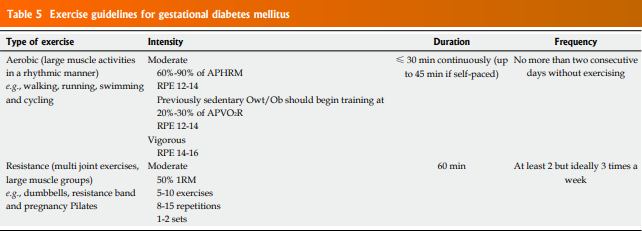The Pregnancy Diabetes, What You Need to Know
You may have been diagnosed recently with gestational diabetes or possibly your doctor, midwife or specialist is concerned about your blood sugar levels and need you to make some lifestyle modifications. Here is a guide on what gestational diabetes is, the risks to you and your baby and if exercising is safe for you.
What is Gestational Diabetes?
Gestational diabetes is a form of diabetes only occurring during pregnancy. It is diagnosed when a mothers insulin resistance is either greater than or less than insulin production. This results in the mother’s blood sugar levels to be too high or too low.
Gestational diabetes can present a variety of risks to the mother and their baby these include:
Risks To Baby
- Macrosomnia (large birth weight)
- Premature birth
- Neonatal hypoglycaemia (high blood sugar levels)
- Decreased/prevention of lung development which may result in respiratory distress syndrome
- Possible increased risk of still birth
- Increased risk of obesity and diabetes later in life
Risks To Mother
- Increased risk of birth invention
- Elevated risk of pre-eclampsia or gestational hypertension
- Increased risk of type 2 diabetes or chronic hypertension following pregnancy
What Can Cause Your Blood Sugar Levels to be High?
- Family history of type 2 diabetes
- Polycystic ovary syndrome
- Age over 35 years old
- Gestational diabetes in previous pregnancies
- Previous miscarriages
- Certain ethnicity
Health professionals recommend exercising and modifications to diet to prevent and manage this condition. Recent research has recommended that mothers with gestational diabetes should exercise on most days of the week. There should be no more than a 48 hour period of rest between aerobic exercise sessions (e.g. Exercise on Monday, exercise Tuesday, rest Wednesday, exercise Thursday, exercise Friday, rest Saturday and Sunday).
Exercise professionals recommend mothers combine aerobic and resistance training in their exercise programs to receive the greatest benefit. Alike Type 2 diabetes in the non- pregnant population, resistance exercise promotes the uptake of blood glucose (sugar) into the muscle cells irrespective of insulin being needed. This mechanism also occurs in pregnancy hence the high importance of resistance exercise minimum two times per week.
Please refer to the exercise guidelines for gestational diabetes for what is safe during pregnancy.

Table 5 from Exercise Guidelines for Gestational Diabetes Mellitus, Padayachee C., Coombes J, S., 2015.
It is completely safe to exercise during pregnancy if you have been diagnosed with gestational diabetes, but remember to always seek your doctor, midwife or specialist approval first before commencing an exercise program, and if you’re ever in doubt, seek an Accredited Exercise Physiologist’s opinion on what exercises and programs are safe for you!
